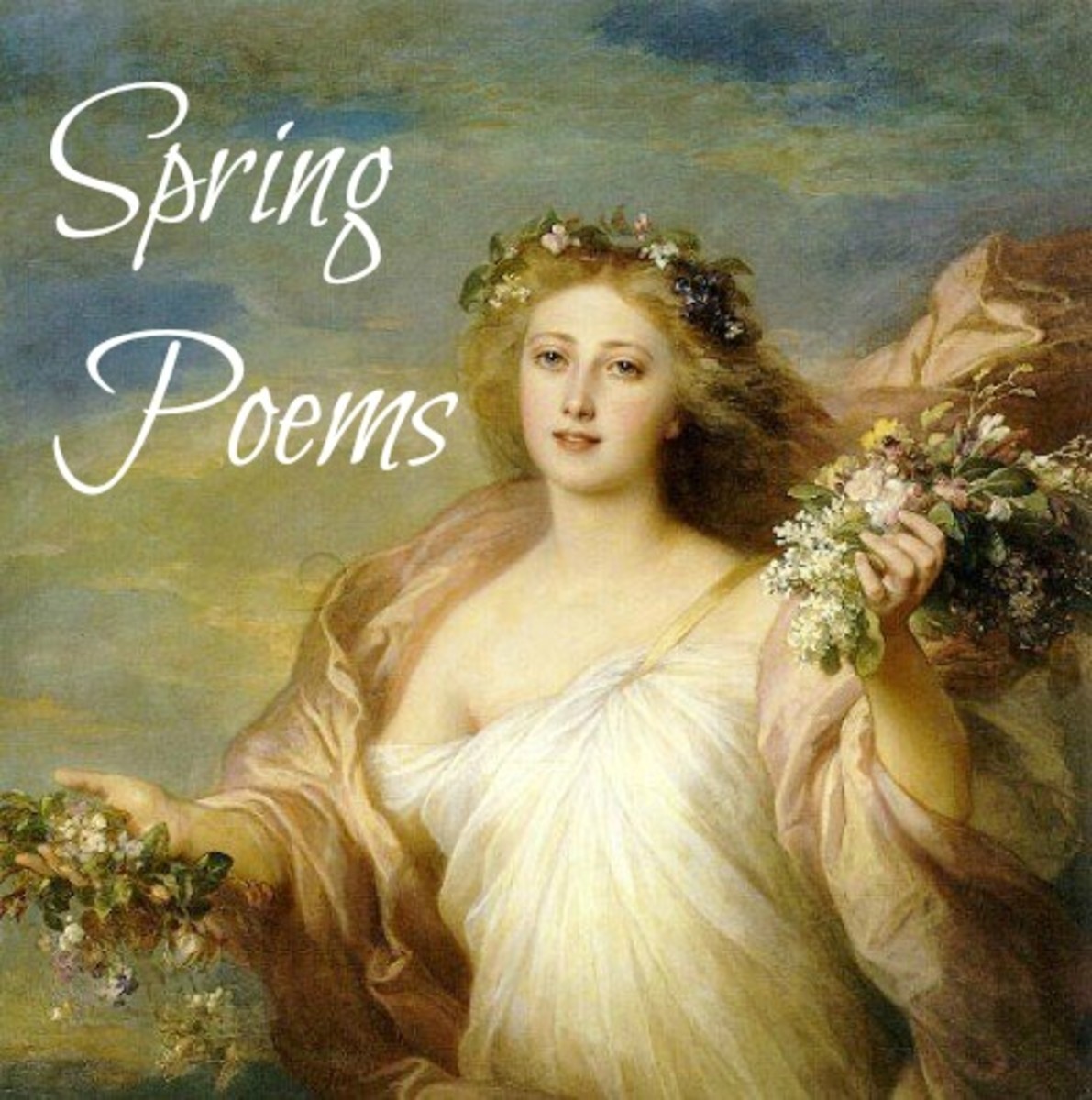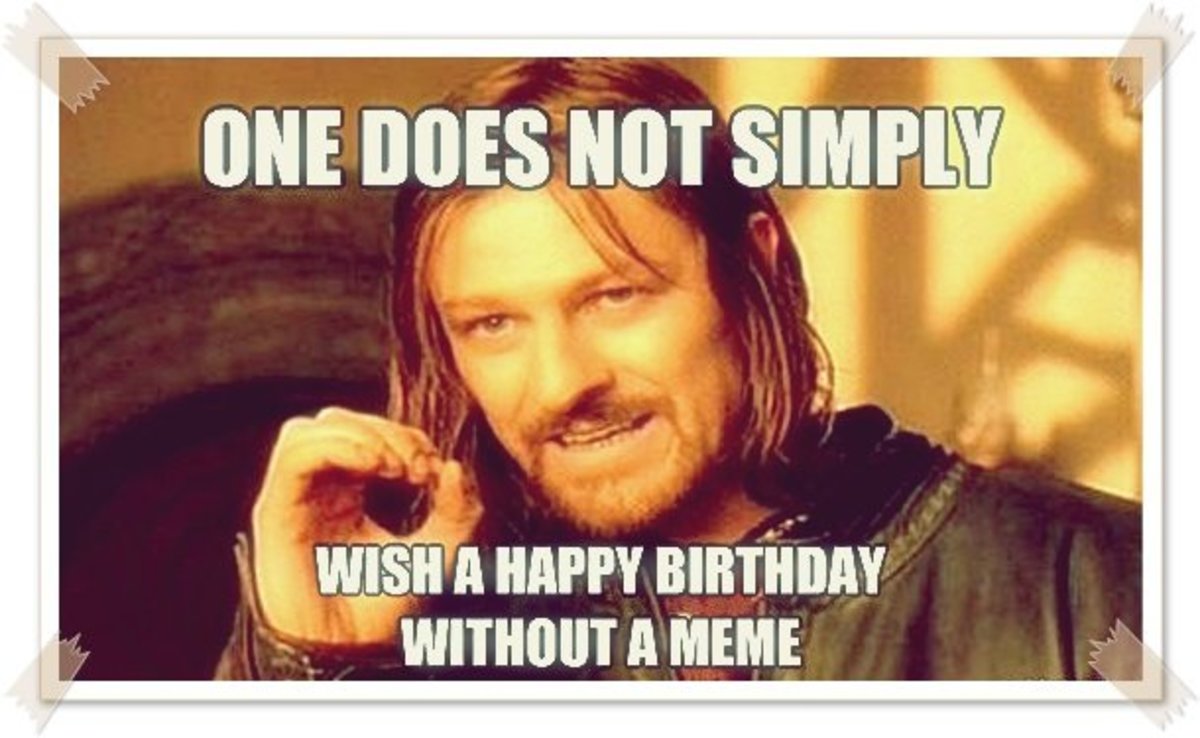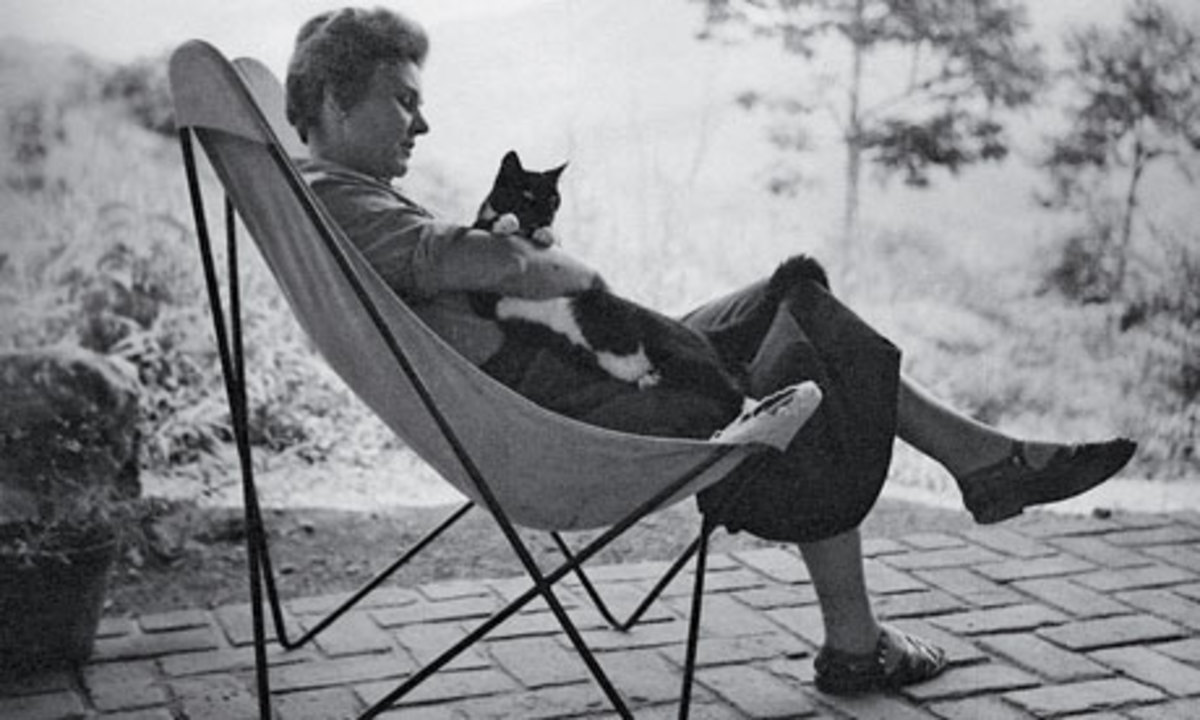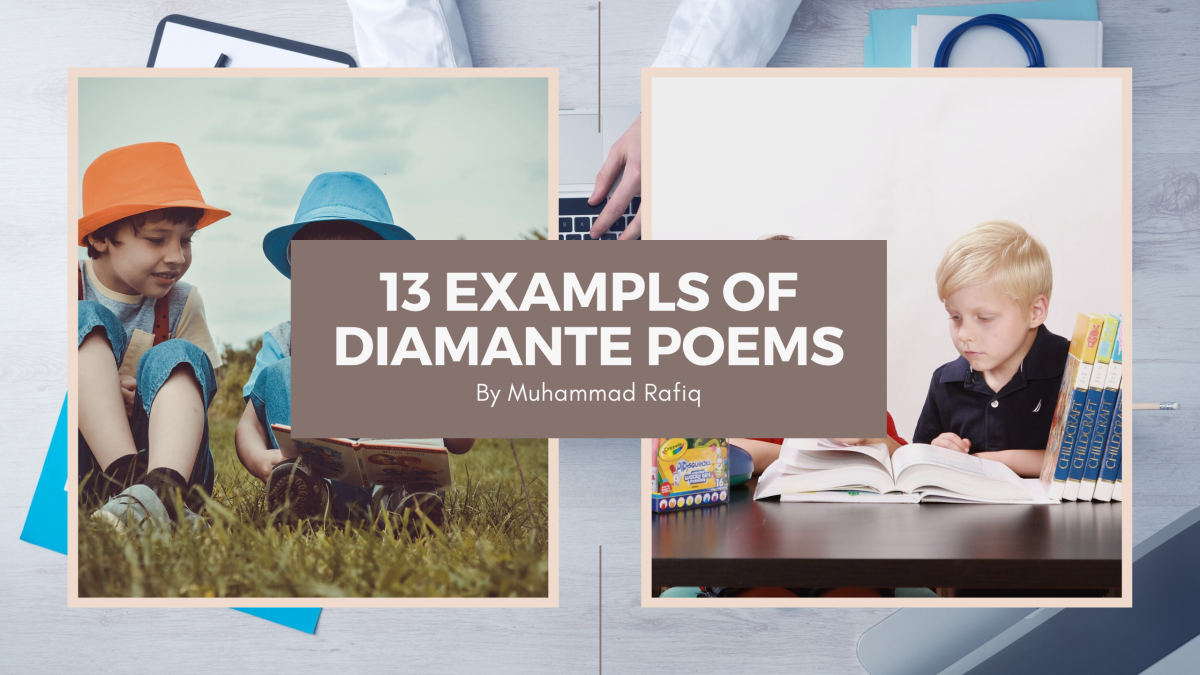Denise Levertov: Poet
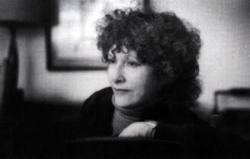
A Poet of Many Dimensions . . .
Levertov is one of my favorite poets and I'm happy to share her life and work with you.
Denise Levertov's poetry explores several dimensions of the human experience: nature, love and motherhood, war and the nuclear arms race, poetry, the role of the poet and mysticism. She has been outspoken on women's rights, peace and justice issues, race, and human rights in general.
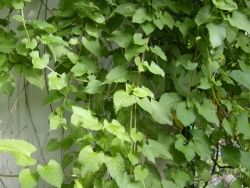
Aware
by Denise Levertov
When I found the door
I found the vine leaves
speaking among themselves in abundant
whispers.
My presence made them
hush their green breath,
embarrassed, the way
humans stand up, buttoning their jackets,
acting as if they were leaving anyway, as if
the conversation
had ended
just before you arrived.
I liked
the glimpse I had, though,
of their obscure
gestures. I liked the sound
of such private voices. Next time
I'll move like cautious sunlight, open
the door by fractions, eavesdrop
peacefully.
Levertov's verse "is frequently a tour through the familiar and the mundane until their unfamiliarity and otherworldliness suddenly strike us. . . . The quotidian reality we ignore or try to escape, . . . Levertov revels in, carves and hammers into lyric poems of precise beauty."
Ralph J Mills, Jr
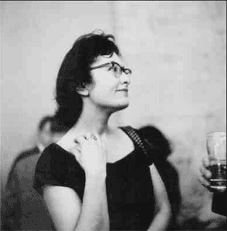
Bio Bits
Early Years
Denise Levertov's mother, Beatrice Spooner-Jones Levertoff, was Welsh. Her father, Paul Levertoff, immigrated to England from Germany. He was a Russian Hassidic Safardic Jew who became an Anglican priest. Levertov was educated at home, showing an interest in writing at an early age. Later in her life, Levertov said she was five years old when she announced she would be a writer.
In 1940, at age 17, Levertov published her first poem.
During WWII, Levertov served as a civilian nurse in London. In 1947 she married Mitchell Goodman, an American writer, moving with him to the United States in 1948. Levertov and Goodman had a son, Nikolai. Later the couple divorced. Levertov lived mainly in New York City but spent time during
the summer months in Maine. She became a naturalized
American citizen in 1955.
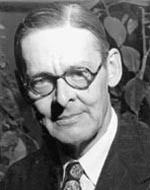
When she was 12, Levertov sent some of her poems to T. S. Eliot. She received a two-page encouraging reply from Mr. Eliot.
Levertov Reads 6 Poems
"attention to physical details [permitted her] to develop a considerable range of poetic subject, for, like Williams, she [was] often inspired by the humble, the commonplace, or the small, and she [composed] remarkably perceptive poems about a single flower, a man walking two dogs in the rain, and even sunlight glittering on rubbish in a street."
Julian Gitzen
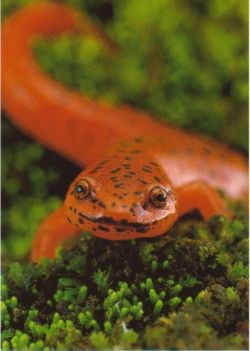
Living
by Denise Levertov
The fire in leaf and grass
so green it seems
each summer the last summer.
The wind blowing, the leaves
shivering in the sun,
each day the last day.
A red salamander
so cold and so
easy to catch, dreamily
moves his delicate feet
and long tail. I hold
my hand open for him to go.
Each minute the last minute.

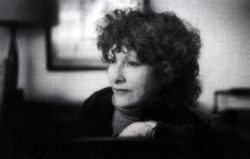
Bio Bit
Middle Years
Levertov's first two books focused on traditional forms and language. As she acclimated to the U.S. as her new home, she became more and more interested with American idioms. The Black Mountain poets and William Carlos Williams were and influence on her work. Her first U.S. book of poetry called Here and Now, showcases the start of Levertov's transformation.
Her poem "With Eyes at the Back of Our Heads" established her reputation.
In the 1960s and 70s, Levertov became more active politically in both life and work. She support and published the work of feminist and leftist activist poets while poetry editor for The Nation. Another focus of Levertov's poetry was The Vietnam War. Many of her poems reflected this by juxtaposing the personal and political. Levertov joined the War Resister's League.
One focus of her poetry: The Vietnam War

What Were They Like - by Denise Levertov
It is hard to be an artist in this time because it is hard to be human.
~ Denise Levertov ~
The Well - by Denise Levertov

At sixteen I believed the moonlight
could change me if it would.
I moved my head
on the pillow, even moved my bed
as the moon slowly
crossed the open lattice.
I wanted beauty, a dangerous
gleam of steel, my body thinner,
my pale face paler.
I moonbathed
diligently, as others sunbathe.
But the moon's unsmiling stare
kept me awake. Mornings,
I was flushed and cross.
It was on dark nights of deep sleep
that I dreamed the most, sunk in the well,
and woke rested, and if not beautiful,
filled with some other power.
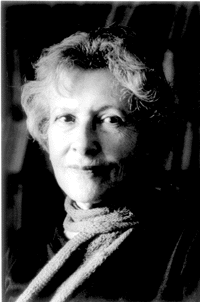
Bio Bit
Later Years
Levertov's later years revolved around education. She taught at Brandeis University, MIT and Tufts University. She also had a part-time teaching position for 11 years at the University of Washington (1982-1993) and held a full professorship at Stanford. Bates College awarded Levertove a Litt. D. in 1984. After retirement she traveled in the U.S. and England giving poetry readings.
At the age of 74, in 1997, Denise Levertov died from complications related to lymphoma. She was buried at Lake View Cemetery in Seattle, Washington.

Levertov Links - articles, poems, interviews
- Levertov biography and poems
at Poetry Foundation - Levertov biography and poems
at PoemHunter - Article: On Denise Levertov's Vietnam Poetry
at Modern American Poetry - On Levertov
Book: Conversations with Denise Levertov - Levertov Interviewed by Sybil Estess
at Modern American Poetry - Levertov's Final Interview by Nicholas O'Connell
at Modern American Poetry - Quotes by Levertov
at Think Exist - Denise Levertov: Testimonies of the lived life by Paul A Lacey
In "Some Affinities of Content" (1991) Denise Levertov speaks of a "deep spiritual Longing" in writers and readers which makes irrelevant the kind of literary criticism "which treats works of art as if they were diagrams or merely means provided for - Life At War by Paul Breslin
article - Kerouac Alley
Good resource for Levertov
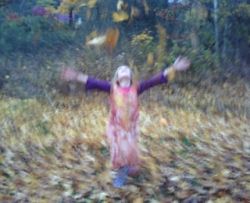
Once Only
by Denise Levertov
All which, because it was
flame and song and granted us
joy, we thought we'd do, be, revisit,
turns out to have been what it was
that once, only; every initiation
did not begin
a series, a build-up the marvelous
did happen in our lives, our stories
are not drab with its absence: but don't
expect now to return for more. Whatever more
there will be will be
unique as those were unique. Try
to acknowledge the next
song in its body-halo of flames as utterly
present, as now or never.
Levertov wrote and published 20 books of poetry, criticism, translations. She also edited several anthologies. Among her many awards and honors, she received the Shelley Memorial Award, the Robert Frost Medal, the Lenore Marshall Prize, the Lannan Award, a grant from the National Institute of Arts and Letters, and a Guggenheim Fellowship.

Poetry Book List
Denise Levertov
The Double Image (1946)
Here and Now (1956)
Overland to the Islands (1958)
With Eyes at the Back of Our Heads (1959)
The Jacob's Ladder (1961)
O Taste and See: New Poems (1964)
The Sorrow Dance (1967)
Relearning the Alphabet (1970)
To Stay Alive (1971)
Footprints (1972)
The Freeing of the Dust (1975)
Life in the Forest (1978)
Collected Earlier Poems 1940-1960 (1979)
Candles in Babylon (1982)
Poems 1960-1967 (1983)
Oblique Prayers: New Poems (1984)
Poems 1968-1972 (1987)
Breathing the Water (1987)
A Door in the Hive (1989)
Evening Train (1992)
The Sands of the Well (1996)
The Life Around Us: Selected Poems on Nature (1997)
The Stream & the Sapphire: Selected Poems on Religious Themes (1997)
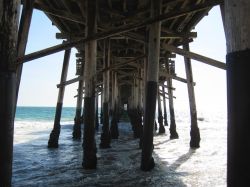
Losing Track
by Denise Levertov
Long after you have swung back
away from me
I think you are still with me:
you come in close to the shore
on the tide
and nudge me awake the way
a boat adrift nudges the pier:
am I a pier
half-in half-out of the water?
and in the pleasure of that communion
I lose track,
the moon I watch goes down, the
tide swings you away before
I know I'm
alone again long since,
mud sucking at gray and black
timbers of me,
a light growth of green dreams drying.




